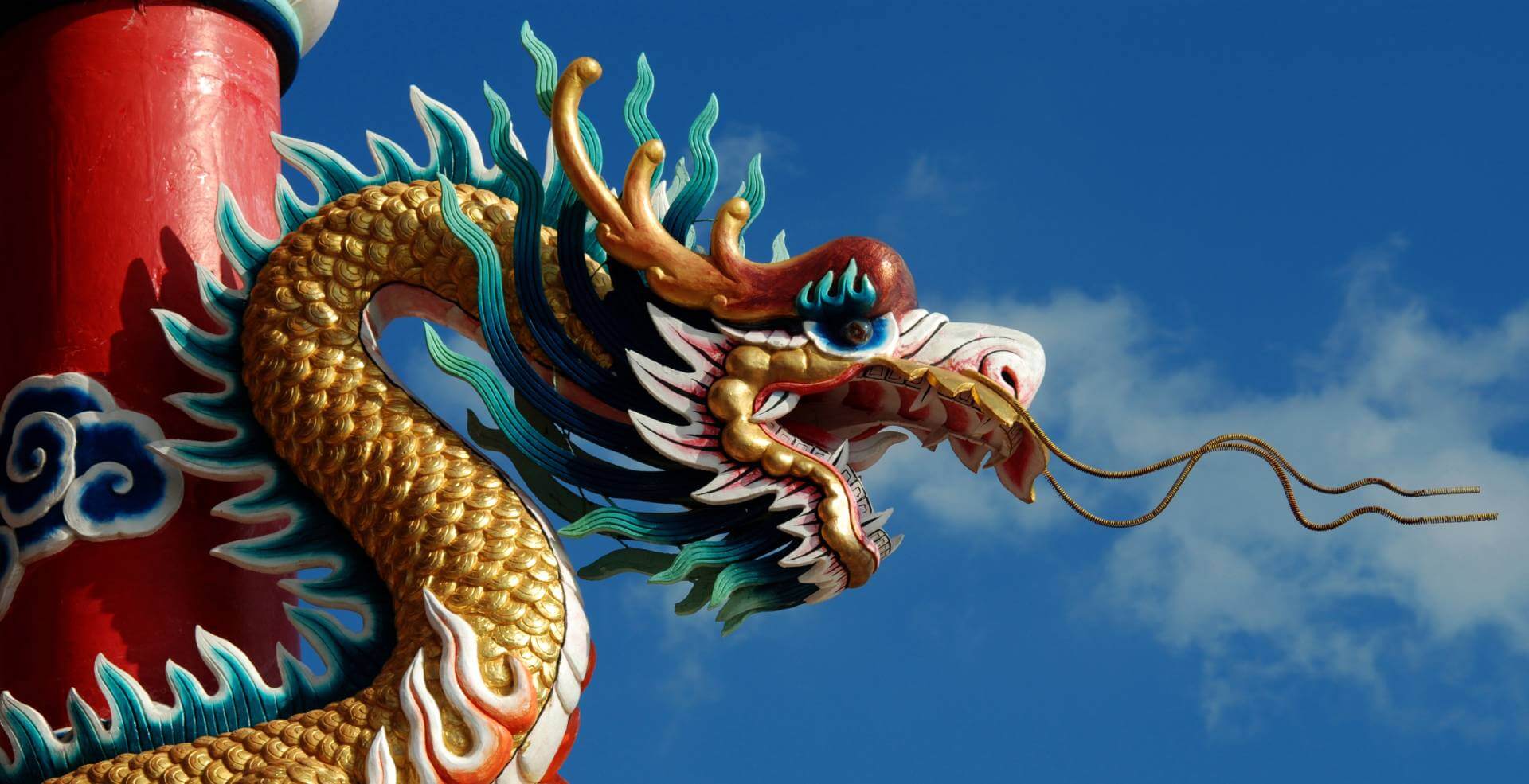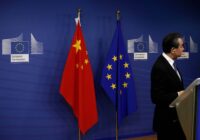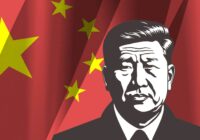Under President Xi, China is working to reshape the world order. China has been pushing for international rules and standards that are more vague than those that have existed for decades. China has called the enforceability of the “rules-based order” into question. China opposes what it calls America’s “cold-war mentality” that divides the world into ideological blocs. Instead, Beijing lays emphasis on the basic rights of people in developing countries while claiming that multi-party elections are a distraction.
Xi has cleverly cast China as a defender of the status quo, pledging support for “true multilateralism” guided by the UN Charter. Ultimately, however, the Chinese Communist Party (CCP) wants to preserve only those elements of the existing order that helped China to rise over the past two generations — such as the world trade rules that enabled it to become the manufacturing epicenter of the world by encouraging inflows of foreign capital and technology.
Beijing instead shuns or undermines those principles that do not directly benefit China or that stand in the way of its rise. Xi’s declarations for a “global security initiative” or a “community of shared future for mankind” are really more of a call for the continued rise of the CCP and China. “Shared future” is another way of saying ‘“development first” while rejecting any order guided by universal values.
Rejecting the West’s moral high ground
Defenders of Chinese ambition would argue that communist leaders have a justifiable right to reject or reshape global rules written decades ago when they were not part of the discussion. Other analysts question just how disruptive China could actually be. But China does not need to replace every current rule in order to make its mark. What is important is that China is undermining the legitimacy upon which those rules are based. According to Chinese rhetoric, the international rules-based order touted by the United States is nothing more than power politics, a bid to replace commonly accepted international laws and norms with the rules of a few countries.
Xi rejects the premise that World War II granted liberal democracies a mandate to create the world in their image. arguing that Western advocacy of universal human rights — in Xinjiang and elsewhere — is a new form of colonialism.
In 2022, Xi gave Western leaders an insight into China’s human rights outlook. President of the European Council Charles Michel had argued that Europe’s dark past, notably the Holocaust, obliges its leaders to call out human rights abuses across the world, including, of course, in China. Xi retorted that the Chinese have even stronger memories of suffering at the hands of colonial powers. He cited treaties forcing China to open its markets and cede territory in the nineteenth and early twentieth centuries, and racist bylaws banning Chinese people and dogs from parks in European-run enclaves. Xi recalled the massacre of civilians at Nanjing by Japanese invaders in 1937. He claimed that such aggression left the Chinese people with strong feelings about human rights and foreigners who employ double standards to criticize other countries. The Chinese government seeks to reopen old arguments about how to balance sovereignty with individual freedoms.
That is an important aspect of the human rights debate — China has indeed suffered at the hands of foreign powers. And the US government is indeed in the habit of lecturing to other governments about human rights when it has its own litany of human rights abuses, from the slaughter of American Indians and slavery to racism, alleged war crimes, and the treatment of immigrants under Trump.
A Machiavellian strategy
Xi believes in the inexorable decline of the American-led world order, with its professed concern for rules and human rights. He would like to see world order become a more transactional system of bilateral agreements between great powers.
We can see how this outlook plays out in practice by looking at China’s response to the Russia–Ukraine war. There, China has played an awkward hand ruthlessly. In short, its goals are to ensure that Russia is subordinate to China, but not so weak that Putin’s regime implodes; burnish its own credentials as a peacemaker in the eyes of the Global South; and undermine the perceived legitimacy of Western sanctions and military support as a tool of foreign policy.
Xi’s campaign extends to the Middle East as well. In 2023, China skillfully brokered a detente between Iran and Saudi Arabia that served to emphasize the West’s reduced clout in the region over the past two decades. Xi unveiled the Global Civilization Initiative, which argues that countries should “refrain from imposing their own values or models on others and from stoking ideological confrontation.”
Xi’s slogans seek to subvert the normative language of the twentieth century so that multilateralism becomes synonymous with a world that rejects universal values and is run by balancing great-power interests. By doing so, China is pushing back against efforts to contain the perceived military threat it poses as well as promoting an economic growth model which embraces autocratic states without imposing conditions on them.
Of course, the real point of Xi’s approach to foreign policy is to ensure the supremacy and permanence of the CCP. Yet the agglomeration of China’s bilateral relationships with some of the world’s most reprehensible regimes creates contradictions. For example, China supports Iran but chooses to ignore its ongoing nuclear escalation which threatens China’s other client states in the region.
China sees itself as superpower that can attain influence without winning affection, obtain power without trust, and have a global vision without universal human rights. Most of the world’s people do not identify with such a vision, but that has not prevented the Chinese government from proceeding apace with its warped orientation to the rest of the world.
The views expressed in this article are the author’s own and do not necessarily reflect Fair Observer’s editorial policy.
Support Fair Observer
We rely on your support for our independence, diversity and quality.
For more than 10 years, Fair Observer has been free, fair and independent. No billionaire owns us, no advertisers control us. We are a reader-supported nonprofit. Unlike many other publications, we keep our content free for readers regardless of where they live or whether they can afford to pay. We have no paywalls and no ads.
In the post-truth era of fake news, echo chambers and filter bubbles, we publish a plurality of perspectives from around the world. Anyone can publish with us, but everyone goes through a rigorous editorial process. So, you get fact-checked, well-reasoned content instead of noise.
We publish 2,500+ voices from 90+ countries. We also conduct education and training programs
on subjects ranging from digital media and journalism to writing and critical thinking. This
doesn’t come cheap. Servers, editors, trainers and web developers cost
money.
Please consider supporting us on a regular basis as a recurring donor or a
sustaining member.
Will you support FO’s journalism?
We rely on your support for our independence, diversity and quality.










Comment